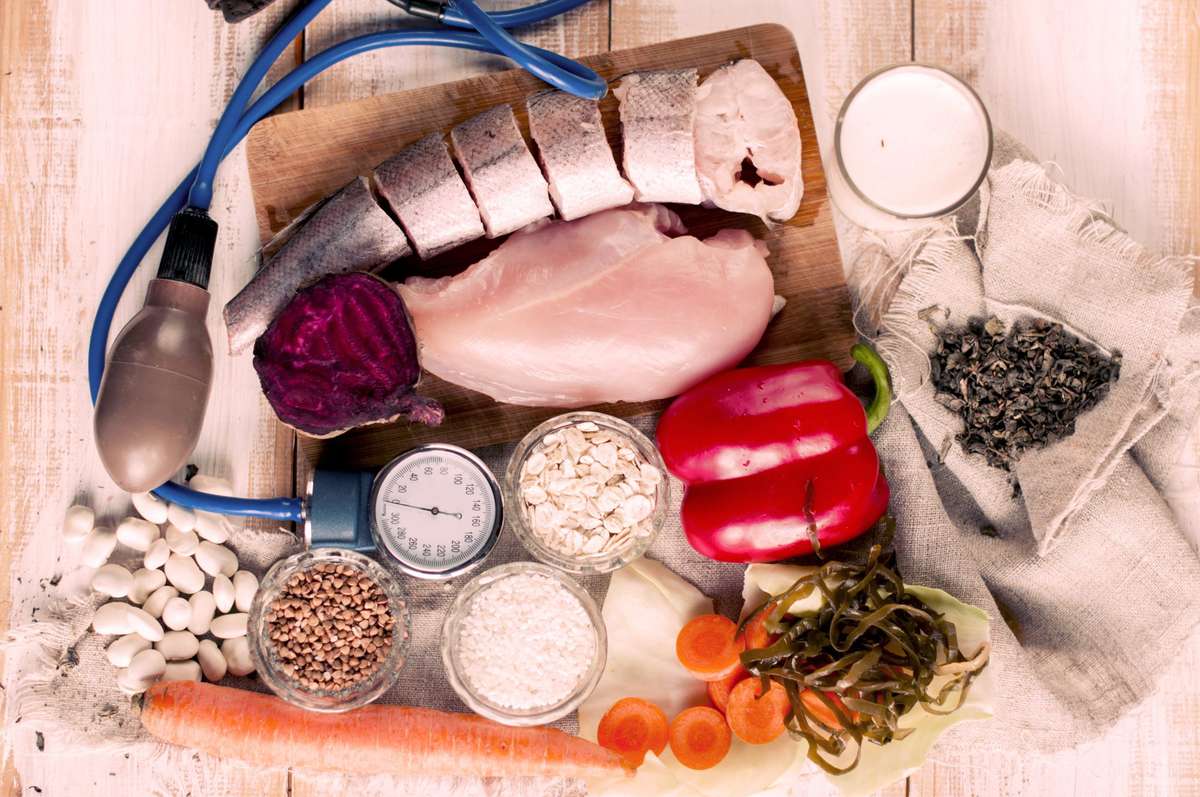Cynthia Sass. MPH, RD, a Sports & Performance Nutritionist, believes that the DASH diet may have some downsides to it because it is lower in healthful fats than I usually recommend, and there aren't obvious options for people who can’t or don’t eat dairy or animal proteins.”
Why So Many Nutritionists Love the DASH Diet
By Cynthia Sass, MPH, RD
January 07, 2019
Last week, when the annual best diets list from U.S. News and World Report came out, the DASH diet once again made the cut—praised for its ability to help people lose weight or simply improve their overall health.
This recent buzz has put DASH back in the headlines again. But what exactly is the DASH diet, and is it something you should try? As a registered dietitian nutritionist, I have counseled people through it; in my opinion there are pros and cons.
What exactly is the DASH diet?
DASH stands for Dietary Approaches to Stop Hypertension, yet it's not only effective for people trying to lower their blood pressure. The diet has been around for two decades, and studies have shown that it can lead to weight loss, protect heart health, and lower the risk of type 2 diabetes, metabolic syndrome, and certain cancers. For these reasons, it's promoted by the National Institutes of Health (NIH).
The plan is relatively simple. DASH recommends specific portions from a variety of food groups daily, depending on your daily calorie needs (which are determined by your age, sex, and activity level). For example, a 1600 calorie DASH diet includes 6 servings of grains daily; 3-4 servings of vegetables; 4 servings of fruit; and 2-3 servings of low-fat dairy. Also recommended are 3-4 ounces total per day of lean meat, poultry, or fish; 3-4 servings of nuts, seeds, and legumes per week; and 2 servings of fats and oils daily.
DASH puts limits on sugar, recommending 3 or fewer servings per week of sweets. It also curtails sodium intake to a maximum of 2,300 mg per day. The diet is intended to be part of a lifestyle that reduces alcohol consumption and emphasizes stress reduction, physical activity, not smoking, and getting plenty of sleep. In short, it’s not a fad diet. DASH is meant to be followed for the long haul.
DASH drawbacks to consider
But DASH does have some drawbacks. The plan is lower in healthful fats than I usually recommend, and there aren't obvious options for people who can’t or don’t eat dairy or animal proteins. Also, I typically advise a higher intake of non-starchy veggies and slightly lower consumption of starches.
Another con is that the rate of weight loss with DASH can be slow. To see continued progress, it’s important to pinpoint your ideal calorie level and follow the recommended portions carefully—in other words, two level tablespoons of nut butter, not two heaping spoonfuls.









/dash-diet-overview-3495771-a-5e64c5460b394f17a0691b208364eca9.jpg)
